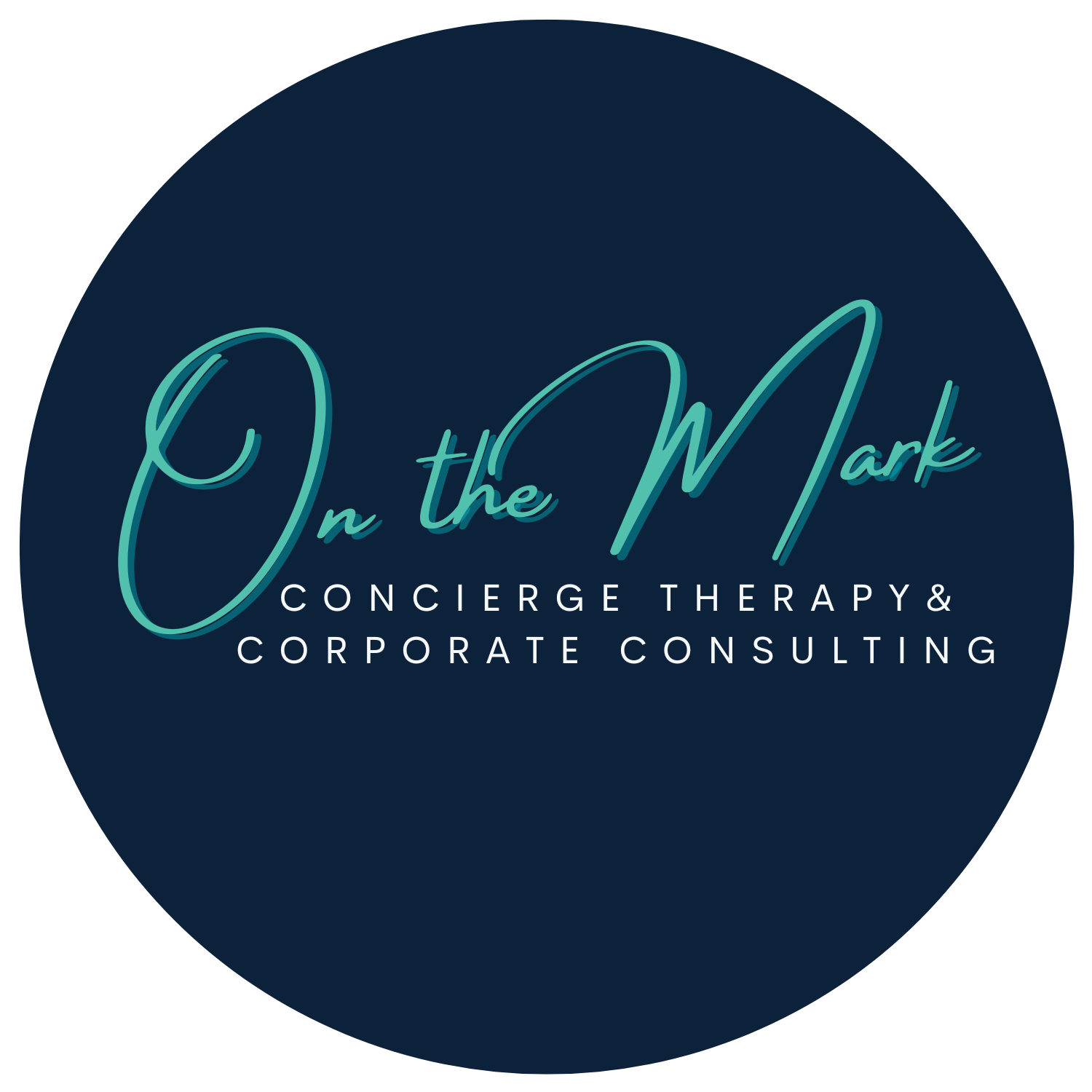Life is abundant with problems, challenges, and obstacles. For every problem solved, another will present. We often think about problems, challenges, and obstacles as being negative. When we think about them as being negative or overwhelming…there will be reactive energy felt in the body in the forms of physical stress (e.g. tension, aches/pains), emotions (e.g. anxiety, panic attacks), and avoidant behaviors (e.g. social withdrawal, phobias) and reactive behaviors (e.g. substance use, obsessions, compulsions), and compromised brain functioning (e.g. impaired attention/concentration, impaired learning and memory retrieval).
Although we all experience moments of stress which can produce anxiety, excessive and persistent worrying about different things is identified as Generalized Anxiety Disorder (GAD). Those with GAD may have a tendency to anticipate disasters and be excessively concerned about finances, their career, family, their health or other matters. GAD sufferers have trouble controlling their worry and their worry may be out of proportion to the actual event. They may fear the worst, even if there is no reason to. It can be a daily struggle to stop the growing worry from affecting their daily lives.
Isn’t it Normal To Worry?
Let’s dissect normal worry vs. Generalized Anxiety Disorder. The severity and duration of the symptoms are some of the main indicators. Normal worry can be beneficial because it may help to make us more prepared and pumped for before an action, such as performing, playing in an upcoming game, or closing a big deal. Moreover, normal anxiety is more tied to a specific event or situation and can be easily managed without interfering with your daily activities. Generalized anxiety is more emotionally engulfing, not easy to manage, and permeates to almost every aspect of your life like finances, friendships, family, career, etc.; It’s more pronounced and pervasive.
Symptoms:
Excessive and persistent worry
Finding it difficult to control the worry
Feeling on edge, keyed up, or restless
Fatigue
Difficulty concentrating
Increased irritability
Muscle tension
Difficulty sleeping- falling asleep, staying asleep, or restless sleep
Treating Generalized Anxiety Disorder
Cognitive behavioral therapy (CBT) is the primary psychotherapy treatment choice for people with Generalized Anxiety Disorder. CBT helps those with GAD identify irrational automatic thoughts that exacerbate worry and fear, and teaches people to challenge and reframe those thoughts. It may be difficult to identify these automatic thoughts at first because they happen automatically, in the blink of an eye, and you may not even realize they are there. In our work, I will teach you how to identify the thoughts and provide strategies to improve your anxiety-provoking thought patterns.
How does treatment for Anxiety work at On the Mark Concierge Therapy?
Therapy and Counseling here at On the Mark Concierge Therapy starts with a 50-minute consultation to determine the best course of action. In these fifty minutes, we will ask some imperative questions to decide the nature of the issue and the treatment approach needed. We will also get to know you and your personality better.
At On the Mark Concierge Therapy, we will share with you the anticipated length of treatment and suggest any additional therapies or services you may need as a celebrity with a partner.
Each session will be 50-minutes thereafter. You can look at the cost here.
Get started with treatment for anxiety today!
Fill out our contact form to have a therapist reach out to you with more information.
If you have questions about our costs, feel free to check out our services and pricing here.
Let us help you with your life changes.


